Jesca Hoop on Memories Are Now: "it’s not a ‘girl with a guitar’ album"
The unique singer-songwriter discusses her signature style
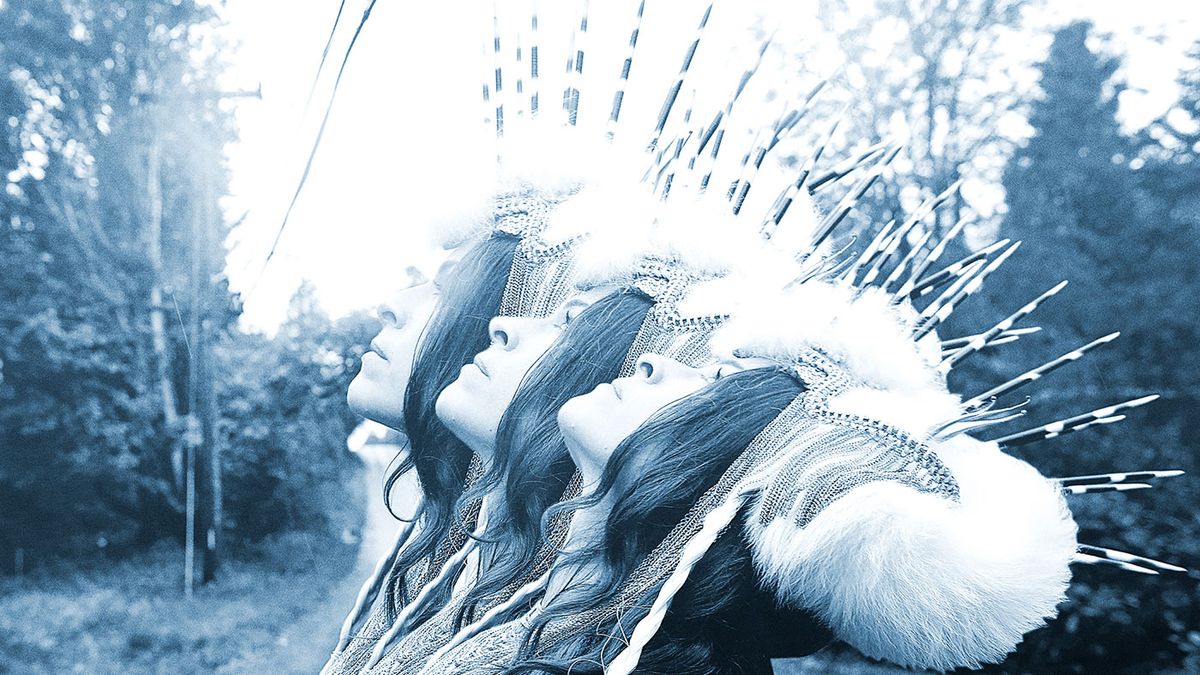
Jesca Hoop meets with us to talk about her new album Memories Are Now, produced by Alabama Shakes' Blake Mills, her first, unfortunate encounter with a Martin - and why being an untrained musician can be an advantage...
Jesca Hoop, having just rolled up her yoga mat, exudes a certain natural calm, but she is not immune from the odd moment of panic, as she explains, when we ask about her first encounter with a premium guitar.
“Well I was writing songs a cappella and then wanted to write with something,” she begins, in her soft and deliberate voice. “I guess I was around 15 years old and my dad had this beautiful bespoke Martin guitar that he was very proud of and that we were not allowed to play.
I do think my chord structures and relationship to timing are more sophisticated than my playing
“I remember picking up this guitar and playing it and smelling something burning, before realising I had the neck dangling over a candle that I had lit! It was this little nick of abalone on the neck that burnt out, so I couldn’t really conceal it... He forgave me, eventually!”
This rather major faux pas (like a guitar player’s nightmare) did little to deter the young musician on her journey, although she is aware she is no virtuoso. “I’m just a finger-picker really,” she shrugs.
“I call my playing technique ‘naïve’, because I’m an untrained player. But I do think my chord structures and relationship to timing are more sophisticated than my playing, for sure. I have an intuitive sense of music, but my hands never really get above the standard of child-like art.”
Signature style
If this sounds like modesty talking, don’t be fooled; Hoop is comfortable in her ability.
Get the MusicRadar Newsletter
Want all the hottest music and gear news, reviews, deals, features and more, direct to your inbox? Sign up here.
“I do think it’s like a signature style, in a way,” she agrees. “To know it is to love it, I suppose. You may not get past it if you’re a stickler or a seeker of perfection, but it’s more a character of its own. As much as I practice, I have my limits and have to accept that. The guitar has always been a challenge to me, whereas singing is not and I can break into new territory when I’m singing. Writing on the guitar takes a long time.”
That evening up on stage the audience is excited and enamoured. Hoop, as cool as ever, is professional and warm throughout, with her interesting little guitar catching the eye.
“I love my white Gibson and I play it everywhere,” she smiles. “Blake Mills found that one for me; it’s an ES-140 and it’s actually a three-quarter scale slimline hollow-bodied electric. It had a P-90 pickup but we put a humbucker in it, because those P-90s buzz from time to time, which can be problematic. It’s quite a bassy guitar and the way I play it renders sort of a Spiccato cello sound, which is really nice.”
It seems Jesca is a fan of short-scale, small-bodied guitars, having another diminutive instrument at home.
“I have this wonderful little Martin called a terz [German for ‘third’, due to them usually being tuned a minor third above standard pitch]; it’s really little, smaller than a parlour, but it’s quite deep. It’s just beautiful, rich and easy to play. It’s sized roughly between a ukulele and a parlour. I just love those small-bodied guitars.”
Hoop’s latest release, Memories are Now, sees her working for the first time outside of the Zeitgeist studio in Long Island, where her previous records were made, and being fully produced by the in-demand Blake Mills, of Alabama Shakes and Band of Horses fame.
“It’s been a real ‘less is more’ approach this time,” she tells us of the new set. “With my past three records we would go into stripped back territory from song to song sometimes, but on Memories are Now the whole thing is stripped back. It’s not a ‘girl with a guitar’ album, but there are just a few elements on each song and all of them have been chosen and treated very carefully. So where there’s a lot of space, there’s also a lot of energy and feeling, because of the way the songs were treated.”
Moving around
It is a very well-crafted recording that shouts purpose from the first track through to the ninth and although there are many styles in the mix, the objective seems rigid.
“I was putting a lot of trust in Blake,” Hoop continues. “So long as I agreed and could see the vision, I wanted to go where he led me. It was his idea to make the record sound more like a solo album or live performance in its pared back style.”
Indeed, but there is certainly versatility there, from the early Cat Power-esque chanting on the title track to the traditional feeling Songs of Old.
“I’m not one for being samey,” she concedes. “Anyone who knows my records knows I don’t stick in one place for too long. That can be challenging for some listeners, but I just want to move around”.
The singer’s previous album was a collaboration with Iron and Wine’s Sam Beam called Love Letter for Fire, a beautifully vocal recording with more traditional backing arrangements.
I feel that performing on record is less forgiving; an audience is human and welcomes your human side
“It was totally, completely different,” she says. “The pressure is still on in a good way with the duo thing. We recorded that one in ten days and this solo album in eight, but there was a group of people there before, so there was pressure to perform and get it right; let’s say the focus was there, for sure.
“But I’d say, because there was a group of us there, it was more of a jovial spirited project, whereas with Blake and I it was a bit more serious. Of course we still had fun, but it was just he and I, so we had our noses to the grindstone; there was a great deal of work to carry out in a short period of time.”
The new songs transfer to the stage very well and meld effectively with fan favourites, but Hoop is quick to point out the chasm of difference between recording and gigging.
“You have to perform for both, but performing for record is very different,” she adds. “I feel that performing on record is less forgiving; an audience is human and welcomes your human side. And they also give you fuel, which you don’t have in the studio, so you have to conjure it.” But, of course, audiences are also organic...
“Yeah, sometimes the crowds withhold until the end, which is not the way to go,” she wryly stresses. “You wanna have an audience that is expressive throughout, because that’s what creates the show. The chemistry between you and them is how it works, so the more they tell you from early on, the better you play, because it lets you know they’re receptive and want more.” She considers a moment. “It’s like any relationship, really.”
Memories are Now is out now on Sub Pop

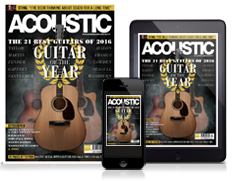

"Reggae is more freeform than the blues. But more important, reggae is for everyone": Bob Marley and the Wailers' Catch a Fire, track-by-track

“Part of a beautiful American tradition”: A music theory expert explains the country roots of Beyoncé’s Texas Hold ‘Em, and why it also owes a debt to the blues
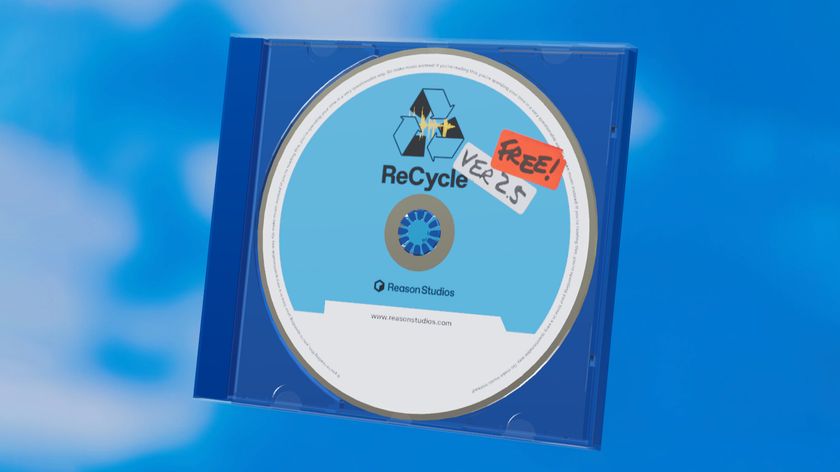
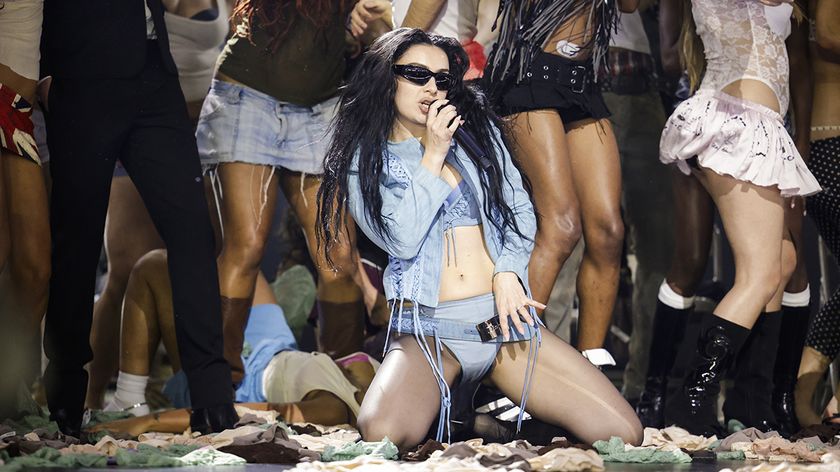
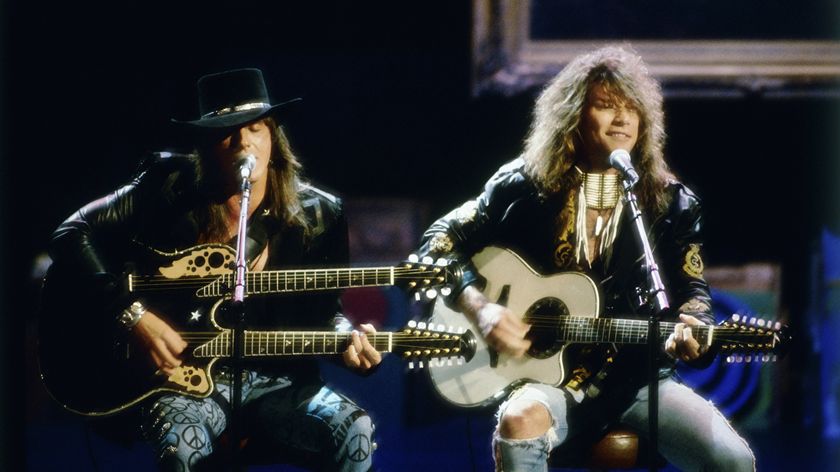
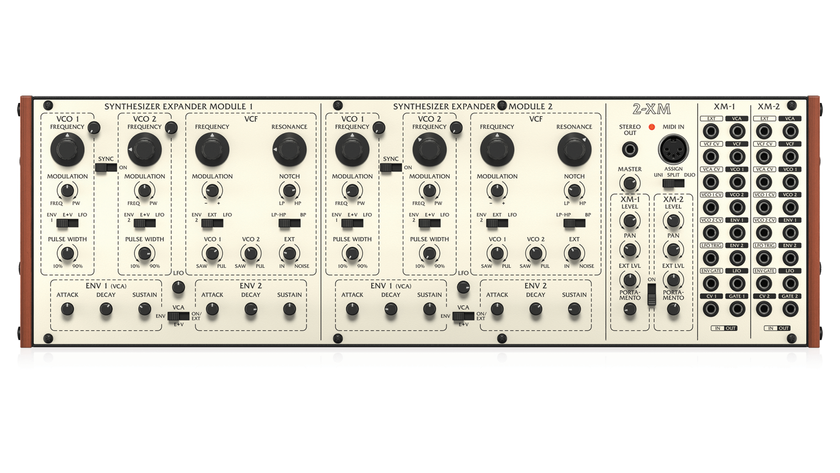
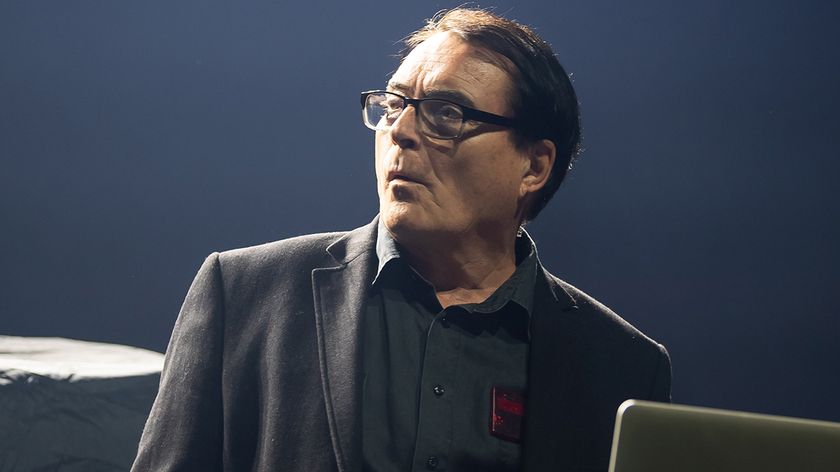
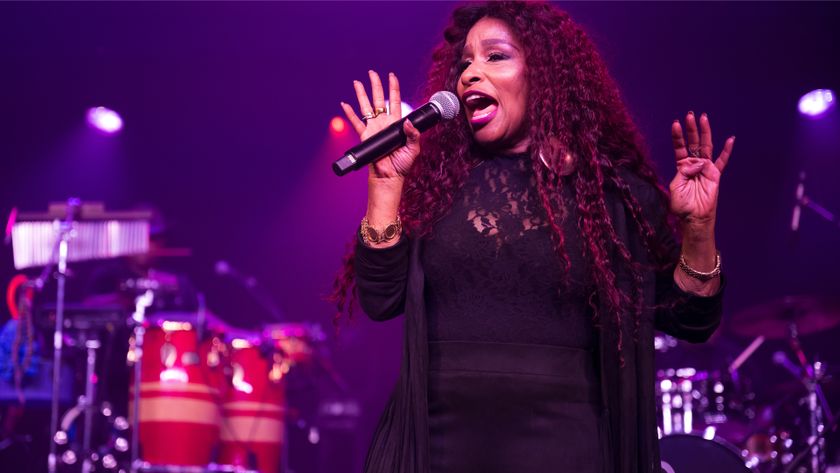
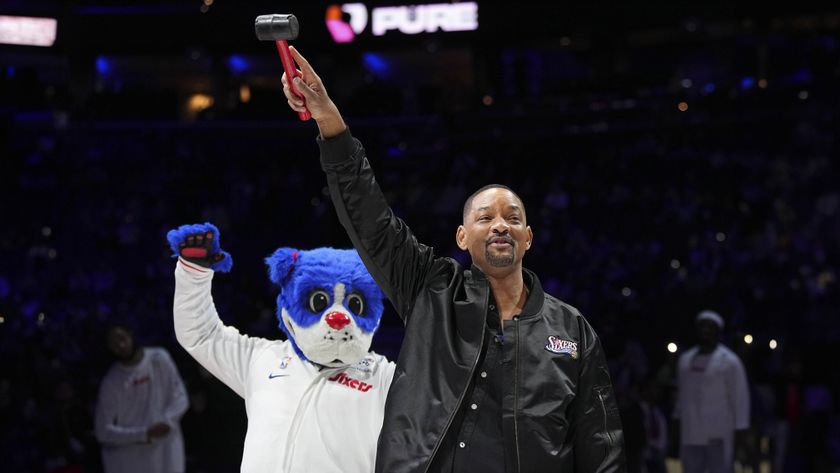


![Chris Hayes [left] wears a purple checked shirt and plays his 1957 Stratocaster in the studio; Michael J. Fox tears it up onstage as Marty McFly in the 1985 blockbuster Back To The Future.](https://cdn.mos.cms.futurecdn.net/nWZUSbFAwA6EqQdruLmXXh-840-80.jpg)